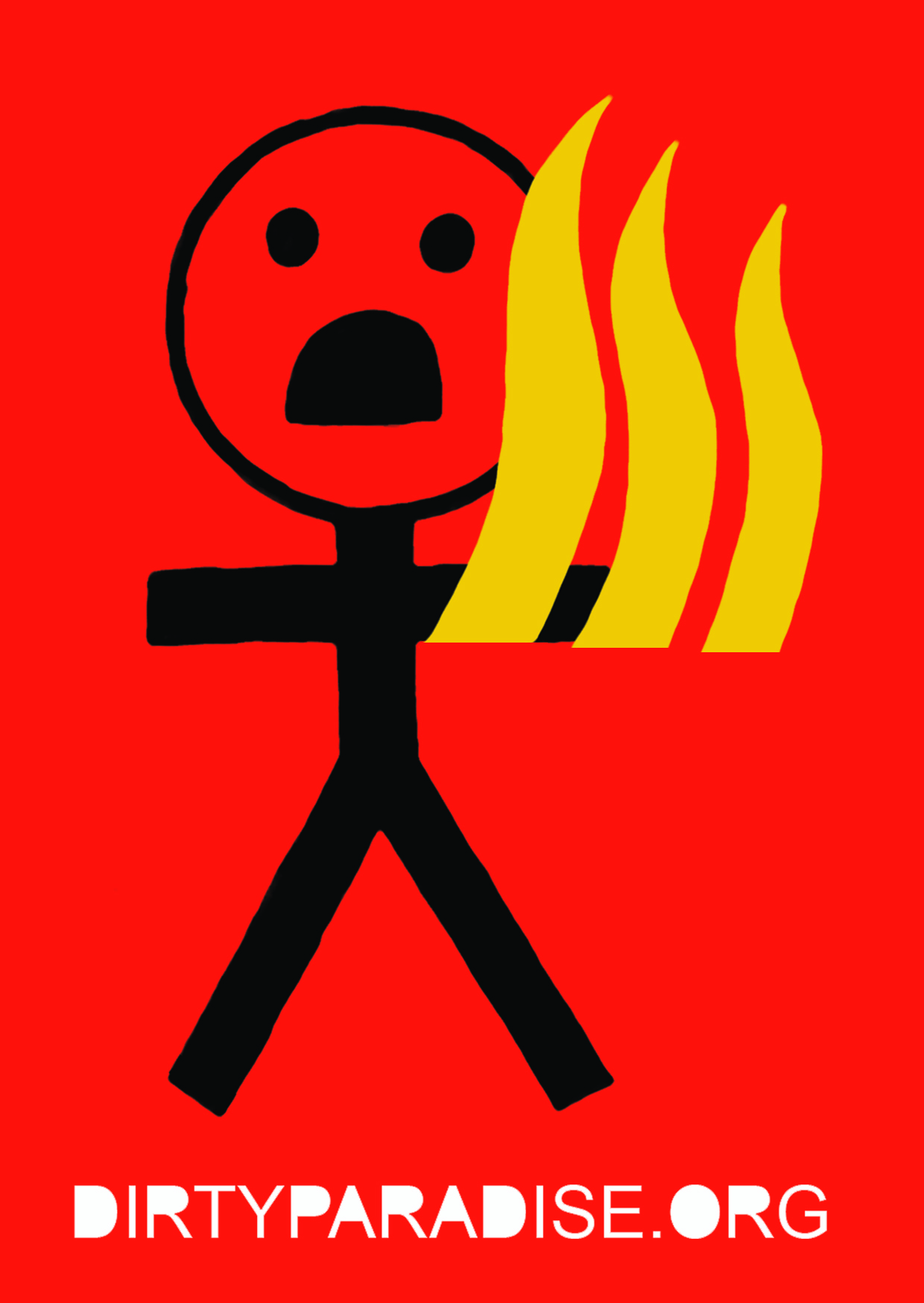Dirty Paradise
The phrase ‘Dirty Paradise’ comes from a conversation I had on a beach in Mexico. Sitting in remote luxury, surrounded by palm trees and a scene of typical picture post-card paradise, I was amazed and disgusted by the sight of so much trash washing up on the beach. Bottles, flip flops and toothbrushes for as far as the eye could see. I felt embarrassed and disgusted at the amount of mindless waste that humans produce. Emphasised and framed by sun-kissed nature, the contrast was shockingly clear. This phrase became a way of describing a problem I see central to the contemporary human landscape and the planet as a whole.

The Dirty Paradise project is a subtle protest, a reminder that making art is a form of political statement. In the words of Ai Weiwei, “Everything is art. Everything is politics.”
I truly believe that art has the power to talk about things that are difficult to talk about, to highlight issues, to encourage somebody to look sideways at the world, and to create a space to ask questions, without necessarily finding or demanding answers.
Dirty Paradise
The phrase ‘Dirty Paradise’ comes from a conversation I had on a beach in Mexico. Sitting in remote luxury, surrounded by palm trees and a scene of typical picture post-card paradise, I was amazed and disgusted by the sight of so much trash washing up on the beach. Bottles, flip flops and toothbrushes for as far as the eye could see. I felt embarrassed and disgusted at the amount of mindless waste that humans produce. Emphasised and framed by sun-kissed nature, the contrast was shockingly clear. This phrase became a way of describing a problem I see central to the contemporary human landscape and the planet as a whole.

The Dirty Paradise project is a subtle protest, a reminder that making art is a form of political statement. In the words of Ai Weiwei, “Everything is art. Everything is politics.”
I truly believe that art has the power to talk about things that are difficult to talk about, to highlight issues, to encourage somebody to look sideways at the world, and to create a space to ask questions, without necessarily finding or demanding answers.
